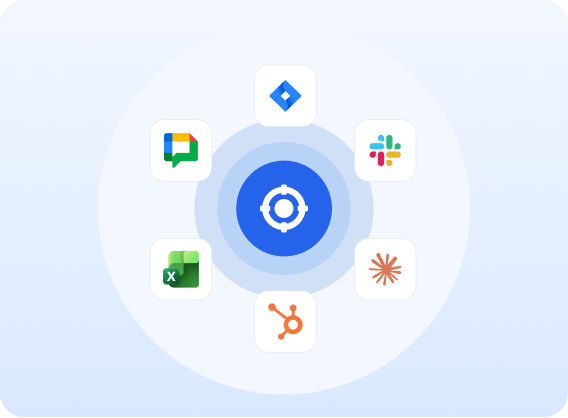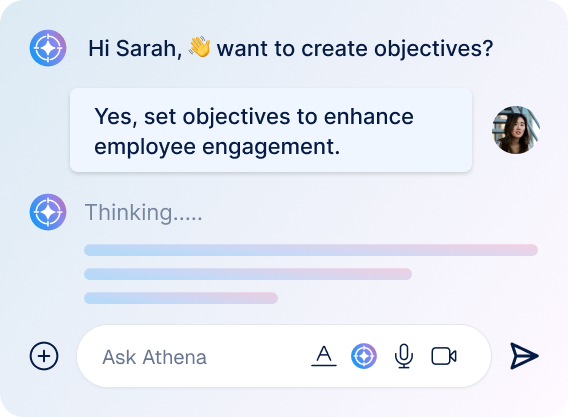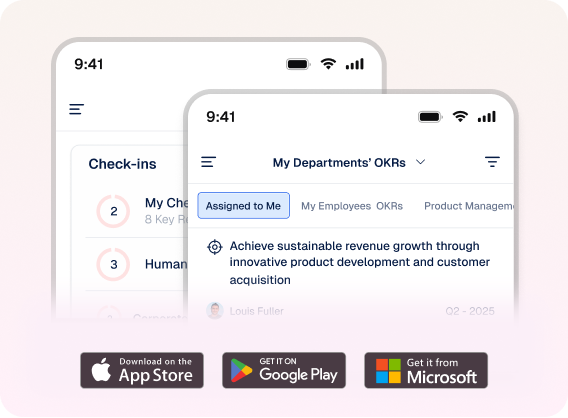“Appreciate everything your associates do for the business. Nothing else can quite substitute for a few well-chosen, well-timed, sincere words of praise. They’re absolutely free and worth a fortune.”
What is Employee Appraisal?
You might recognize employee appraisal by its other names, such as performance evaluations, performance appraisals, performance reviews, or developmental discussions. Regardless of what you call it, it generally is the same set of tasks. That is, employee appraisal is the systematic and regular measurement of an employee’s performance at work compared to the previously established goals for the job. A performance review, simply put. Well-done employee appraisals should give you information on how the employee is doing, their strengths, and their areas to improve. It can also help you fill new positions with the most fitting candidate. The Human Resources (HR) department usually runs this task entirely. They, in turn, have a limited budget to conduct these as it does take time and can be vital in structuring entire departments. Employee appraisals are also what pay raises and bonuses are based on, as you want to reward the employees who performed the best. Done often enough, the information gained from these appraisals can also help improve the workflow between managers and their teams. Just as varied as employees are, so are the types of appraisals that can be conducted. Effective employee appraisal is more important than ever in the fast-paced business world. It’s crucial for organizations to not only assess performance but also to encourage development and growth. The advent of sophisticated employee appraisal software has made this process more streamlined and data-driven. In this blog, we delve into how to evaluate the best employee appraisal software, ensuring it aligns with your organizational needs and enhances your human resource management.Benefits of Employee Appraisal
As we stated before, employee appraisals are essential in informing a company on placing their employees best within their organization. Combined with the right software, the benefits that can be gained are significant. The benefits of a well-done employee appraisal are many. However, what is the best way to ensure they are “well done”? We know what exactly we look for when we conduct them, so now we need to improve the method by which it is done, which is where software comes in.Ready to explore how Profit.co’s HR tools can optimize your workflow?
Understanding the Essentials of Employee Appraisal Software
In modern performance management, selecting the right employee appraisal software is crucial. This tool is significant in evaluating employee performance, setting goals, and providing feedback with an employee appraisal form and employee appraisal questions aiding development planning. Multiple employee appraisal software programs are available to managers, but not all suit your business. Different companies have different priorities, and their tools must be customized to their needs. This is why we will explore how to choose the appraisal software best suited to your business.Usability and user experience
The usability of the software is paramount. An intuitive interface ensures that both managers and employees can easily navigate and utilize the tool, thereby saving time and enhancing productivity.Integration with existing systems
Another vital aspect is the software’s ability to integrate with your current HR systems, such as payroll, HRIS, and LMS. Effective integration minimizes data silos and ensures a cohesive approach to employee management.Customization for organizational needs
Each organization has unique appraisal processes and needs. The chosen software should offer robust customization options, like custom performance metrics, employee appraisal questions, or tailored feedback forms, to align with your specific requirements.Analytics and reporting capabilities
A key feature of effective appraisal software is comprehensive analytics and reporting tools. These allow HR teams and managers to track performance trends, identify areas for improvement, and make informed decisions.Choosing the Right Employee Appraisal Software
Regarding employee appraisal software, one size does not fit all. Each business has its own priorities and requirements, necessitating a tailored approach to software selection. There are two main aspects to consider:1. Cost
2. Function





